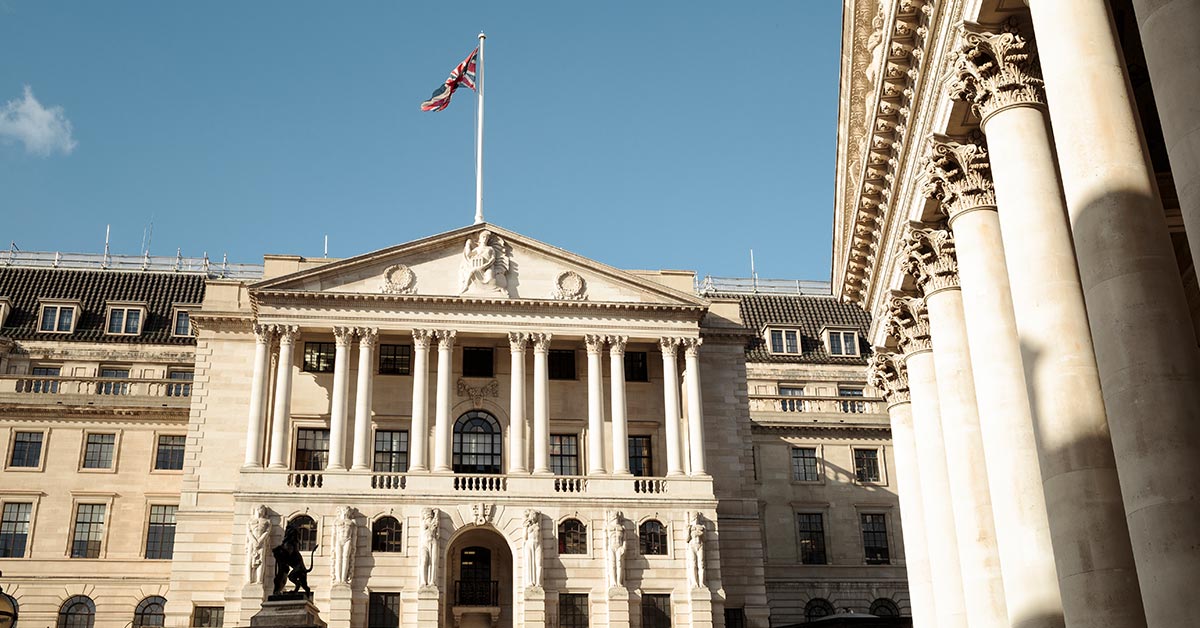A big shift in confidence that UK interest rates will keep falling apace into the end of the year sent British government bond yields sharply lower last week. The 10-year gilt yield fell from 4.21% to 4.06% after inflation plummeted from 2.2% to 1.7%.
Since coming to within touching distance of the central bank’s 2% target in April, inflation had seemed to have hit a stubborn floor. No longer: economists had forecast September’s inflation figure to fall to 1.9%, but in the end it went much, much further. That big fall was driven mostly by large drops in petrol prices and airline tickets. Yet the most helpful part of the report in terms of delivering good cheer to investors was a hefty deceleration in services inflation. The cost of labour-intensive things like car repairs, legal work and restaurants has been increasing by at least 5% annually since June 2022. At its height in the summer of 2023 services prices were rising by more than 7%. In the latest inflation release, services inflation dropped from 5.6% to 4.9%. While half of the drop was caused by the big fall in the cost of airline tickets (which are a service, not a product), stripping out airline prices still shows services inflation falling steadily.
This easing in services inflation could mean that wage growth is finally coming back to a level that’s more in tune with target inflation. One thing to watch, however, is the release of the new Living Wage rates on Wednesday. An outsized increase here may put a fly in the ointment. If wages and services inflation do continue to moderate it makes it easier for the Bank of England (BoE) to cut interest rates without causing an inflation rebound. Current bond market prices suggest investors think between 1.25% and 1.5% of cuts are coming before the end of 2025. That would put the UK Bank rate, payable on overnight deposits at the Bank of England, at between 3.5% and 3.75%.
Of course, lower interest rates flow through to lower borrowing costs for everyone in the UK, from households paying mortgages to businesses looking to invest in long-term kit and the government trying to balance the books. If those rate cuts can be delivered without reigniting inflation, they should help drive the economy and, hopefully, encourage the investment that the UK badly needs.
Speaking of the Budget, it’s perhaps the most anticipated of recent memory. The rumour mills have been grinding away incessantly for months, creating a whole raft of possibilities, tips, concerns and existential crises for everyone from buy-to-let landlords and higher earners to the AIM stock market, pensioners and wealth inheritors. What is most surprising is how little the government has actually said officially about what will be in the Budget, considering the level of speculation that has often reached the air of certitude.
Now, ‘officially’ is an operative word here. Budgets are no longer the tight ship they once were. It seems to have become de facto policy to brief ahead of the release of a Budget, along with virtually all other policies, to see how it will land with the public. No doubt it helps with messaging as well: floating a big increase in a tax, then delivering a more modest rise can dilute grumbles with relief.
We can’t rule out that many of the changes forecast by commentators and punters haven’t originated somewhere in Whitehall, but we also can’t ignore that some could have been cooked up by people with axes to grind. You should be careful about acting on incomplete information, especially with uncertainty and rumour swirling in the air. We always recommend getting in touch with your financial adviser before doing anything drastic. If you don’t have one and would like one, we would be happy to help. If you would rather learn more about financial affairs for your own peace of mind, you can also sign up to one of our financial awareness courses in November. Or, if you think you could do a better job of being the Chancellor, the FT has you covered. Give it a go, it’s actually a lot of fun. Much more fun than standing at the dispatch box for real we would think!








